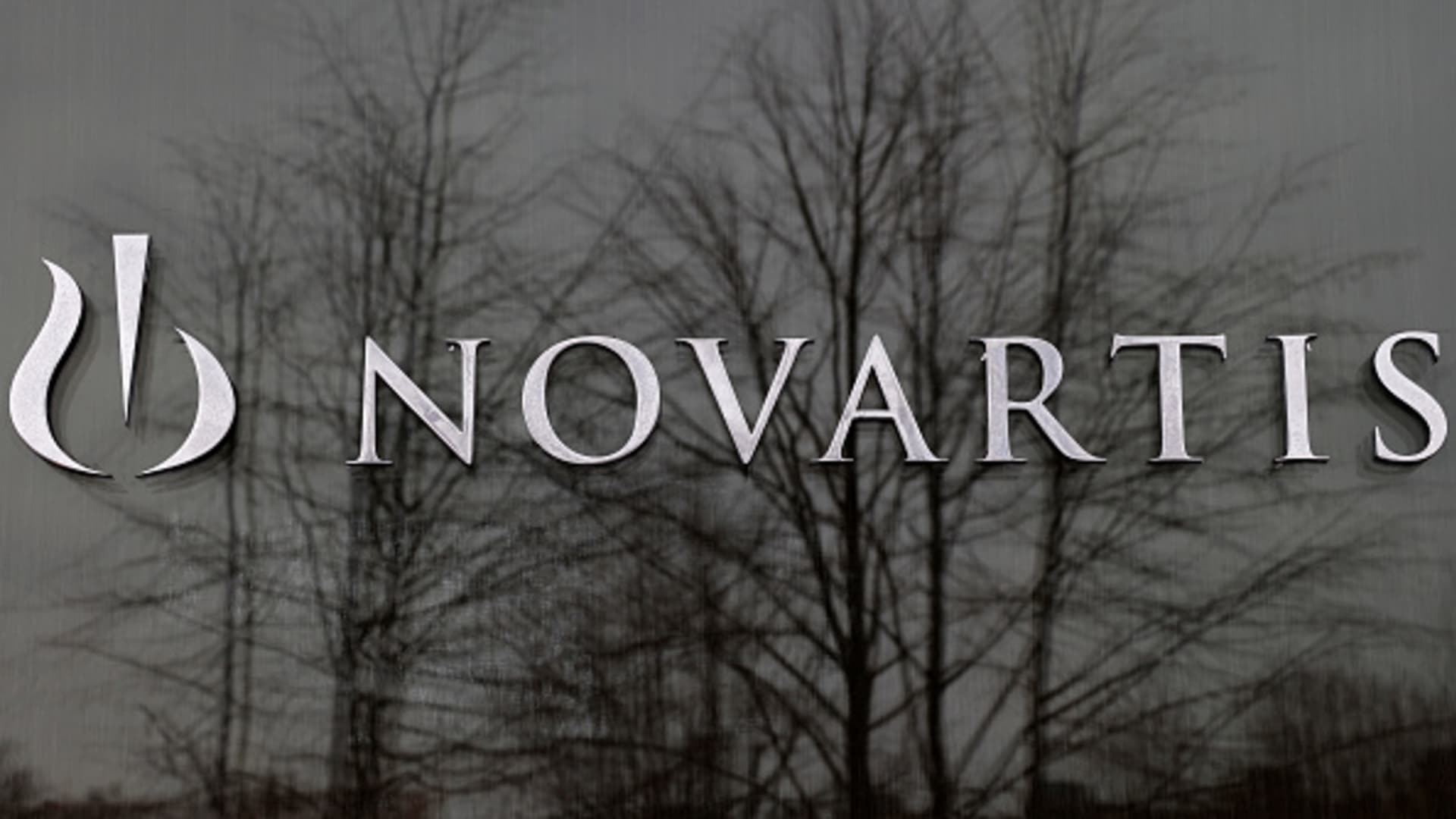Duckworth, a University of Pennsylvania professor and bestselling author, has spent more than 15 years studying the concept of “grit,” or what pushes someone to stay dedicated to — and eventually meet — their long-term goals. Many people with high levels of grit share these four qualities, she said on an October 13 episode of “The Mel Robbins Podcast”:
- They pursue projects they’re genuinely interested in.
- They practice the skills they need for those projects diligently and deliberately.
- They have a strong sense of purpose, meaning that they feel like they’re helping other people — not just themselves.
- They genuinely hope that their efforts will help them improve in the future.
“When you look at people who are great at what they do … Their mind comes to this subject and wants to stay there,” said Duckworth, adding: “I don’t believe you can grow passion without the seed of interest.”
DON’T MISS: The ultimate guide to using AI to communicate better
If you don’t know exactly what you’re passionate about or genuinely interested in, take note when the people around you say things like, “By the way, you spend a lot of time thinking about X, Y and Z,” said Duckworth. You may not recognize what you’re interested in until you actually try something new, so do that, she advised.
“Don’t think it, just do it. Stop writing in your journal. Stop asking yourself questions,” Duckworth said. “Literally go out and do something. Interests are like food. You’ve got to taste it to know whether you like it or not.”
Duckworth also highlighted the difference between low-quality practice and actual dedication to improving, using herself as an example. An avid runner, Duckworth went out running regularly, and wondered why she wasn’t improving as much as she expected, she said.
In response, her late mentor — psychologist Anders Ericsson — asked her some insightful questions, she said: Did she have a specific goal? Was she practicing with complete effort and concentration? Did she seek feedback on areas of improvement?
“Never,” Duckworth said. “I was doing low-quality practice.”
The third trait, purpose, is an oft-studied one — and feeling like you have a responsibility to other people can help keep you accountable while trying to meet a long-term goal, Robbins noted. Just be careful: Focusing too much on your big-picture purpose can make you undervalue the path or process it took to get there, author and physician Jordan Grumet wrote for CNBC Make It in April.
Focusing on the process of achieving your goal, rather than the outcome, can help you live a more fulfilled life, Grumet noted: “Unlike big audacious goals that take years or even decades to achieve, the small, more personal types of purpose are ongoing projects that are enjoyable regardless of the results.”
If you struggle with discouragement at any point, you can try a tactic that Duckworth uses herself, she said.
“I take my pen out and I put a to-do list together that is ridiculously simple, like ‘Open [a] Google Doc.’ Then I open the Google Doc and check it off. Small win,” said Duckworth. “If you break down these things that are feeling discouraging to you, you should just think to yourself, ‘Too big.’ Not that it’s impossible.”
Want to level up your AI skills? Sign up for Smarter by CNBC Make It’s new online course, How To Use AI To Communicate Better At Work. Get specific prompts to optimize emails, memos and presentations for tone, context and audience. Sign up today with coupon code EARLYBIRD for an introductory discount of 20% off. Offer valid Oct. 21 through Oct. 28, 2025.
Plus, sign up for CNBC Make It’s newsletter to get tips and tricks for success at work, with money and in life, and request to join our exclusive community on LinkedIn to connect with experts and peers.













Leave a Reply